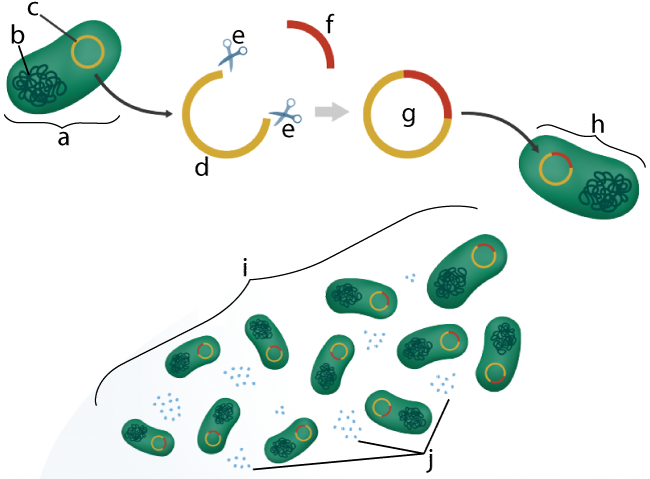
A nuclear engineer develops and designs new technologies and techniques to power plants. These include reactor cores, radiation shielding, and other components. They create the necessary instrumentation to operate nuclear equipment. They monitor and fix flaws in nuclear power stations and help to design them. They create new procedures for handling nuclear material and waste safely. The emergency response after a nuclear accident, power plant shut down or other disasters is also a crucial role for nuclear engineers. These engineers can hold many roles and can be found in many countries.
To become a nuclear engineer, it is necessary to complete a degree program at an accredited university and have four years of work experience. It should provide practical experience and stress the development of advanced mathematical reasoning skills. These programs can be combined with graduate programs which makes them more cost-effective. But a nuclear engineer cannot work alone until they are licensed. You should research the licensing requirements in each state before you enroll in a nuclear engineering program.

In May 2020, nuclear engineers earned $116,140 a year, which is more than the average salary for other workers in the US. Experienced engineers make more than $185,000. Although starting salaries for nuclear engineers can vary widely, the highest-paid people earn more than $185,550. Most nuclear engineers earn a seven-figure income, while the lowest-paid ten percent earn only $71,860. Bachelor's degrees are the best starting salaries for nuclear engineers.
Many job advertisements for a nuclear engineer mention specific skills. You should be able to identify the common skills and traits demanded by these jobs. These skills are:
A career as a nuclear engineer includes designing and operating nuclear power plants. Nuclear engineers make sure safety standards are maintained by their work at research facilities and in nuclear power plant operations. Innovative ways can be found to improve efficiency and equipment designs by nuclear engineers. They often design new systems and medical devices. There are many paths to success as a nuclear engineer.

Nuclear engineers use many branches of physics to design and construct nuclear reactors. They must be able to comprehend the complicated phenomena of nuclear reactions and also have an understanding of how reactors work. Nuclear engineers were more needed in the 1960s when commercial nuclear power stations were developed. Today, there are more than 40 nuclear engineering programs in the United States and Canada. There are many opportunities for nuclear engineers. They can choose the one that best suits their work and passion.
FAQ
What is a Mechanical Engineer?
A mechanical engineer is responsible for designing machines, tools, products, processes, and vehicles that are used by people.
To solve real-world problems, mechanical engineers combine mathematics, physics and engineering principles.
A mechanical engineering engineer could be involved in product creation, production maintenance, quality control or research and testing.
Which engineer makes the highest salary?
Software engineers would be the best answer because they code for computers. Software engineers have a lot more freedom about the projects they choose to work on. Software engineers can be employed in any industry but prefer to work in tech companies such Google or Microsoft.
Are you a student who wants to be an engineer?
Engineers do not need a bachelor's degree. Many employers prefer applicants who have degrees. You can also take classes online if you don't already have a degree.
Statistics
- 2021 median salary:$95,300 Typical required education: Bachelor's degree in mechanical engineering Job growth outlook through 2030: 7% Mechanical engineers design, build and develop mechanical and thermal sensing devices, such as engines, tools, and machines. (snhu.edu)
- Job growth outlook through 2030: 9% (snhu.edu)
External Links
How To
Which type of engineering do you want to study?
If you are interested in technology, engineering can be a rewarding career. There are many types and levels of engineers. Each type has its own set skills and responsibilities. Some specialize in mechanical designs, while others concentrate on electrical systems.
Some engineers work directly with clients, designing buildings or bridges. Others might work in the background, creating computer programs or analysing data.
Whatever type of engineer you choose, you'll learn how to apply scientific principles to solve real-world problems.
Aside from learning technical skills students also acquire valuable business and communication abilities. Engineers often collaborate closely with other professionals like accountants and managers, lawyers, and marketers to create innovative products.
As a student, you'll explore topics including mathematics, science, chemistry, physics, and biology. Additionally, you will learn to communicate effectively orally as well as in writing.
Engineering offers many opportunities for advancement, whether you work for a large company or a small startup. Many graduates find jobs right away after graduation. You also have many options for continuing education.
You could get a bachelor’s degree in engineering. This would give you a solid foundation to help you find employment. You could also pursue a master’s degree in engineering to get additional training in specific areas.
A doctorate program allows you to delve deeper into a particular field. A Ph.D. is usually completed after four years of graduate school.